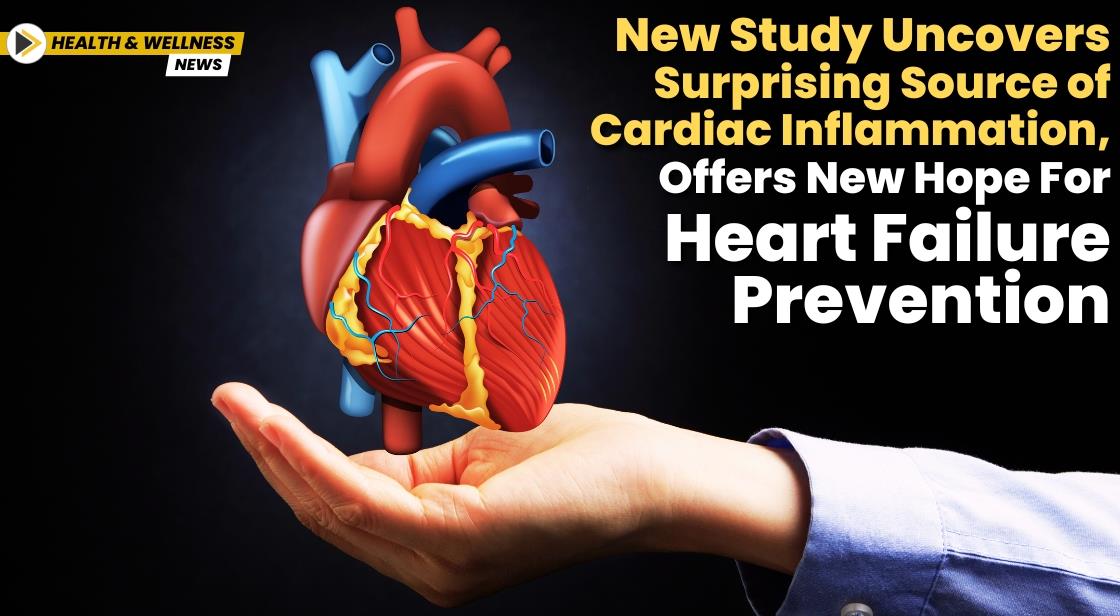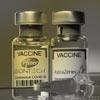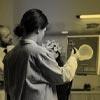New Study Uncovers Surprising Source of Cardiac Inflammation, Offers New Hope for Heart Failure Prevention

News Synopsis
A groundbreaking study published in the journal Nature has uncovered a novel mechanism that contributes to the development of heart failure following a heart attack. Researchers from the University of California San Diego have identified a specific type of inflammation in the heart that is triggered by mechanical stress on heart muscle cells.
The Challenge of Heart Failure
Ischemic heart disease, characterized by insufficient blood flow to the heart, remains the leading cause of death globally. A heart attack, or myocardial infarction (MI), occurs when a portion of the heart muscle dies due to a lack of oxygen. This can lead to heart failure, a serious condition where the heart is unable to pump enough blood to meet the body's needs.
Despite significant advancements in heart disease treatment, preventing heart attacks from progressing to heart failure remains a major challenge. While anti-inflammatory medications have been used to address the inflammation that occurs after a heart attack, they have not been particularly effective in preventing heart failure. This suggests that there may be other, more fundamental mechanisms driving this condition.
A New Mechanism of Inflammation
The researchers in this study focused on the "borderzone" region of the heart, the area surrounding the infarcted tissue. Previous studies have shown that this region plays a critical role in the development of heart failure, but it has been difficult to study due to its complex nature.
Using advanced techniques, the team discovered that a specific type of inflammation, known as the "type I interferon (IFN) response," is activated in the borderzone after a heart attack. This inflammation is triggered by mechanical stress on the heart muscle cells, which can lead to damage and dysfunction.
The Role of Cardiomyocytes
Surprisingly, the researchers found that the heart muscle cells themselves, called cardiomyocytes, are the primary initiators of this inflammation. When these cells are subjected to mechanical stress, their nuclear envelopes can rupture, releasing DNA fragments into the cell. These DNA fragments are then detected by cytosolic DNA sensors, which trigger the IFN response.
The IFN response can lead to further damage in the heart, including mechanical weakening of the heart wall and an increased risk of dilation and rupture. This provides a potential explanation for why mice lacking IFN responses have been shown to have improved survival after a heart attack.
Implications for Treatment
The findings of this study suggest that targeting the mechanical stress on cardiomyocytes, inhibiting DNA sensing, or preventing the type I IFN response could represent new therapeutic strategies for preventing heart failure after a heart attack.
Dr. Kevin King, senior author of the study, emphasized the importance of these findings for patients with heart disease. "New therapeutic targets for MI with the potential to prevent the development of heart failure are incredibly important," he said.
While further research is needed to fully understand the implications of these findings, they offer hope for the development of more effective treatments for heart failure. By targeting the specific mechanisms that drive inflammation in the heart, researchers may be able to prevent this devastating condition and improve the lives of millions of people around the world.
Conclusion
This groundbreaking research provides valuable insights into the complex mechanisms underlying cardiac inflammation after MI. By identifying cardiomyocytes as key players in this process, the study paves the way for the development of novel therapeutic strategies to prevent heart failure. As further research is conducted, it is hoped that these findings will lead to improved outcomes for patients at risk of heart failure.
You May Like









